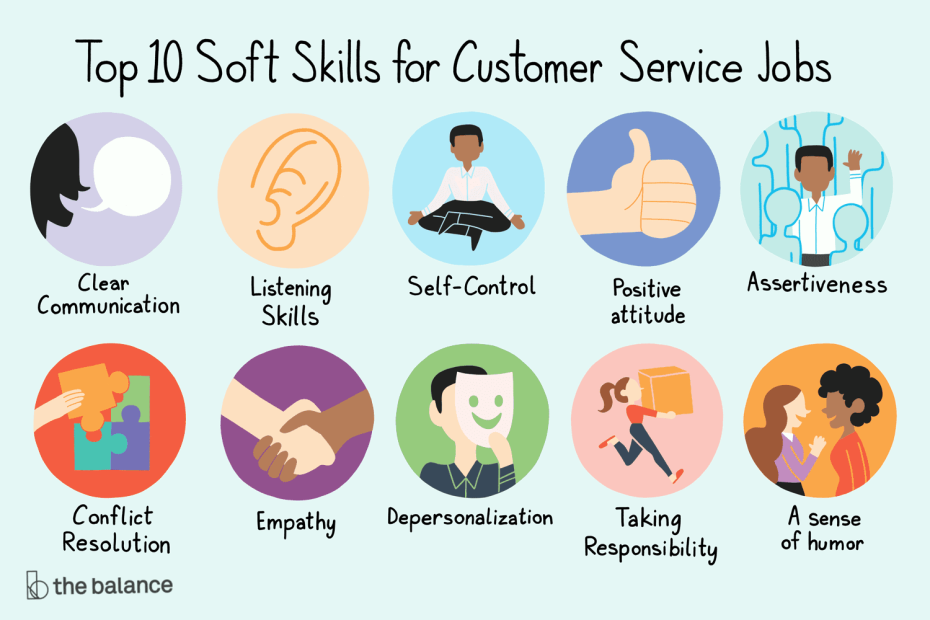In the modern world of work, technical knowledge may help you land a job, but it’s your soft skills that will help you thrive in it. Employers across industries—whether in technology, healthcare, education, business, or creative arts—consistently emphasize the importance of communication, teamwork, problem-solving, and adaptability. Soft skills are not tied to a specific profession; they are universal capabilities that help you navigate both professional and social landscapes with confidence and empathy.
While hard skills demonstrate what you know, soft skills reveal how you apply that knowledge when working with others, solving challenges, or leading teams. They are the bridge between competence and influence, making them essential for career advancement, leadership roles, and strong professional relationships.
Why Soft Skills Matter
- Employability
In a job market saturated with qualified candidates, employers often make final hiring decisions based on who demonstrates stronger soft skills. A programmer who communicates ideas clearly or a doctor who listens attentively to patients will almost always be preferred over equally skilled counterparts who lack these abilities. - Leadership and Influence
Leadership is more than authority—it’s about inspiring and guiding others. Leaders with emotional intelligence, empathy, and active listening skills build trust and loyalty, enabling teams to achieve more. - Teamwork and Collaboration
In nearly every profession, collaboration is key. Soft skills like adaptability, patience, and constructive feedback help maintain harmony in teams, prevent conflicts, and promote productive brainstorming. - Customer and Client Relations
Strong interpersonal skills ensure better client interactions, leading to customer satisfaction, repeat business, and positive word-of-mouth. Whether you’re a retail associate handling a complaint or a corporate lawyer negotiating contracts, your tone, clarity, and empathy matter. - Adaptability to Change
Technology evolves, markets shift, and job roles transform. Those who can adapt, stay calm under pressure, and embrace new learning remain relevant and valuable. - Problem-Solving in Dynamic Environments
Soft skills like critical thinking and creative problem-solving help you approach challenges from multiple angles and develop innovative solutions, especially in unpredictable situations. - Cultural Competence
As workplaces become more global, understanding and respecting cultural differences is crucial. Soft skills foster inclusivity and help build stronger, more diverse teams.
Key Soft Skills to Develop
- Communication Skills – Mastering verbal, non-verbal, and written communication ensures your ideas are understood.
- Emotional Intelligence (EQ) – Recognizing, understanding, and managing emotions—both your own and others’.
- Adaptability and Flexibility – Embracing change and adjusting strategies when situations evolve.
- Time Management – Organizing priorities and meeting deadlines without burnout.
- Critical Thinking – Analyzing situations to make sound decisions.
- Conflict Resolution – Addressing disputes calmly and finding mutually beneficial solutions.
- Creativity – Generating original ideas to solve problems or improve processes.
- Networking Skills – Building professional relationships that open opportunities.
How to Improve Soft Skills
- Practice Active Listening – Pay full attention when someone speaks and respond thoughtfully.
- Seek Constructive Feedback – Learn from others about how you come across in meetings, emails, and presentations.
- Engage in Group Activities – Sports, volunteering, or debate clubs can strengthen teamwork and leadership.
- Read and Observe – Books on communication, podcasts on leadership, and observing skilled communicators can be invaluable.
- Take Workshops – Many professional development programs focus on communication, leadership, or negotiation.
Real-Life Example: Soft Skills in Action
Emily, a 27-year-old marketing associate, had strong technical skills in campaign design and analytics. However, her career took a turning point when she was assigned to lead a high-profile client project. The client’s expectations were vague, and the team faced internal disagreements about strategy.
Instead of letting tensions escalate, Emily used her active listening skills to ensure everyone’s concerns were heard. She empathized with the client’s uncertainty and rephrased their needs in clearer terms. Her conflict resolution skills helped the team find common ground, and her adaptability allowed her to pivot the strategy mid-campaign when initial results were underwhelming.
The campaign ultimately exceeded expectations, securing a long-term client relationship. The leadership noticed her ability to navigate interpersonal challenges, and within a year, Emily was promoted to account manager. She often reflects that it wasn’t just her marketing expertise but her soft skills that elevated her career and improved her social confidence in networking events and personal relationships.
